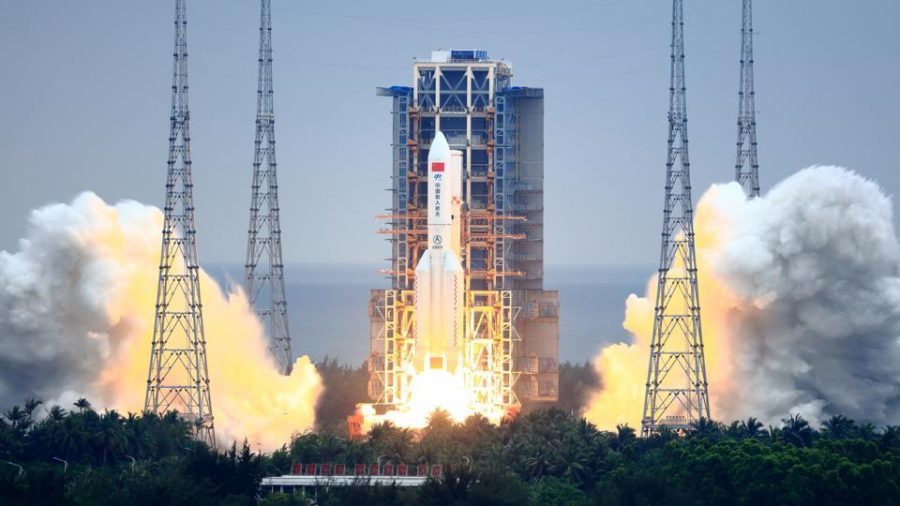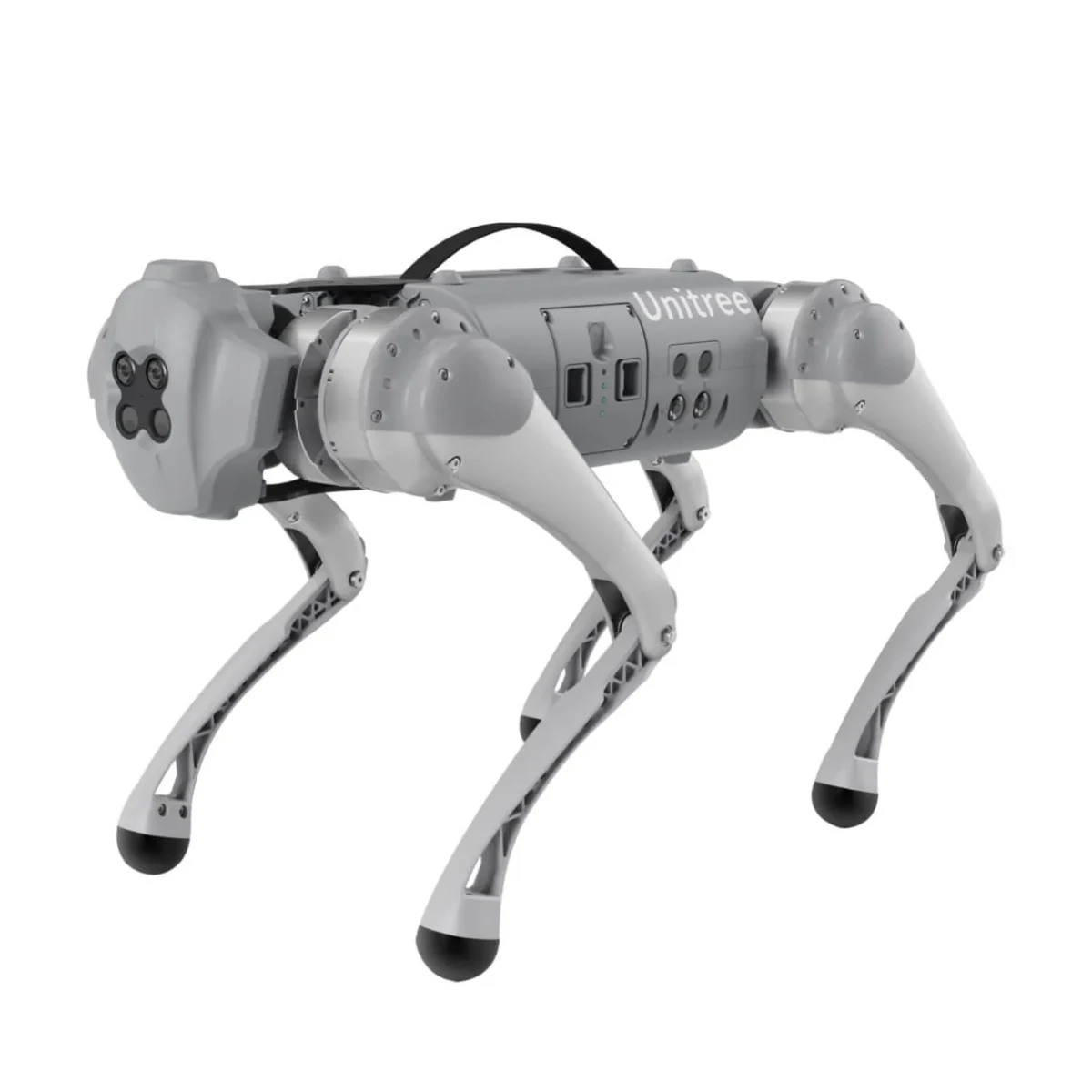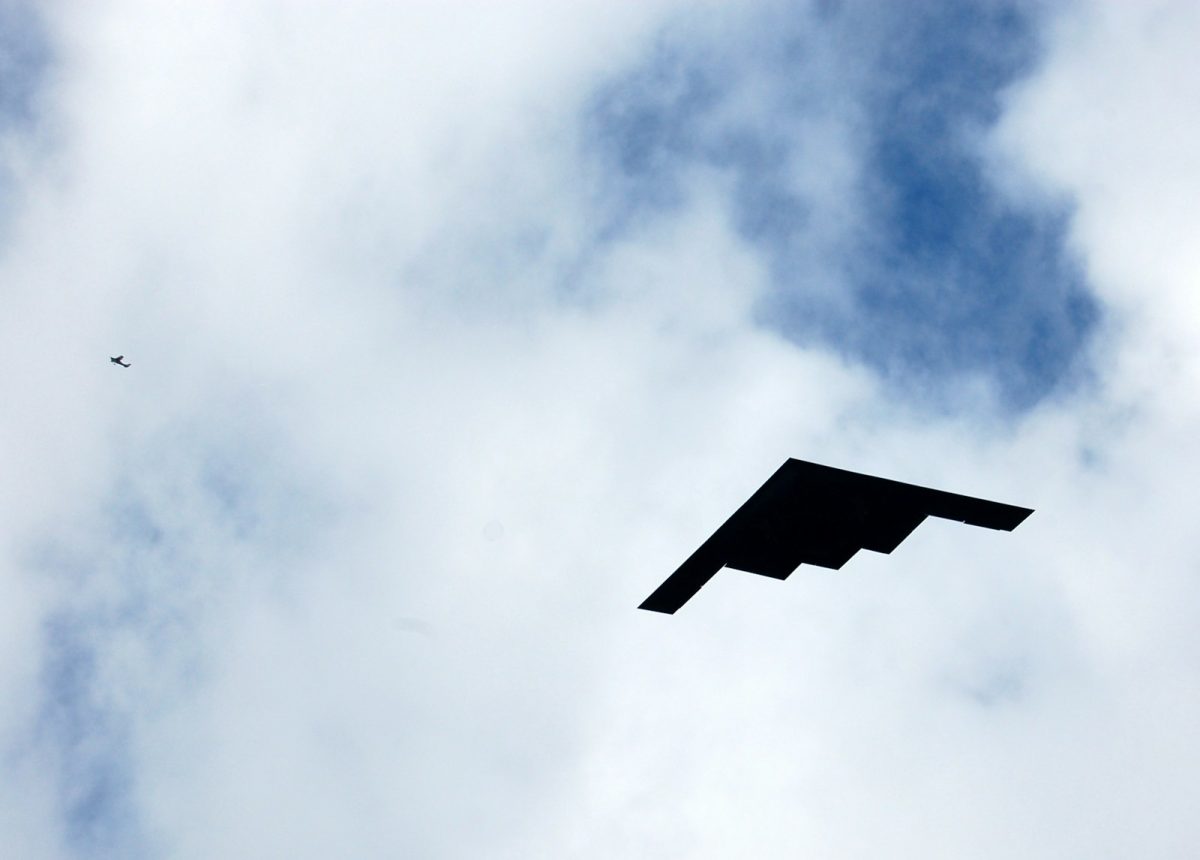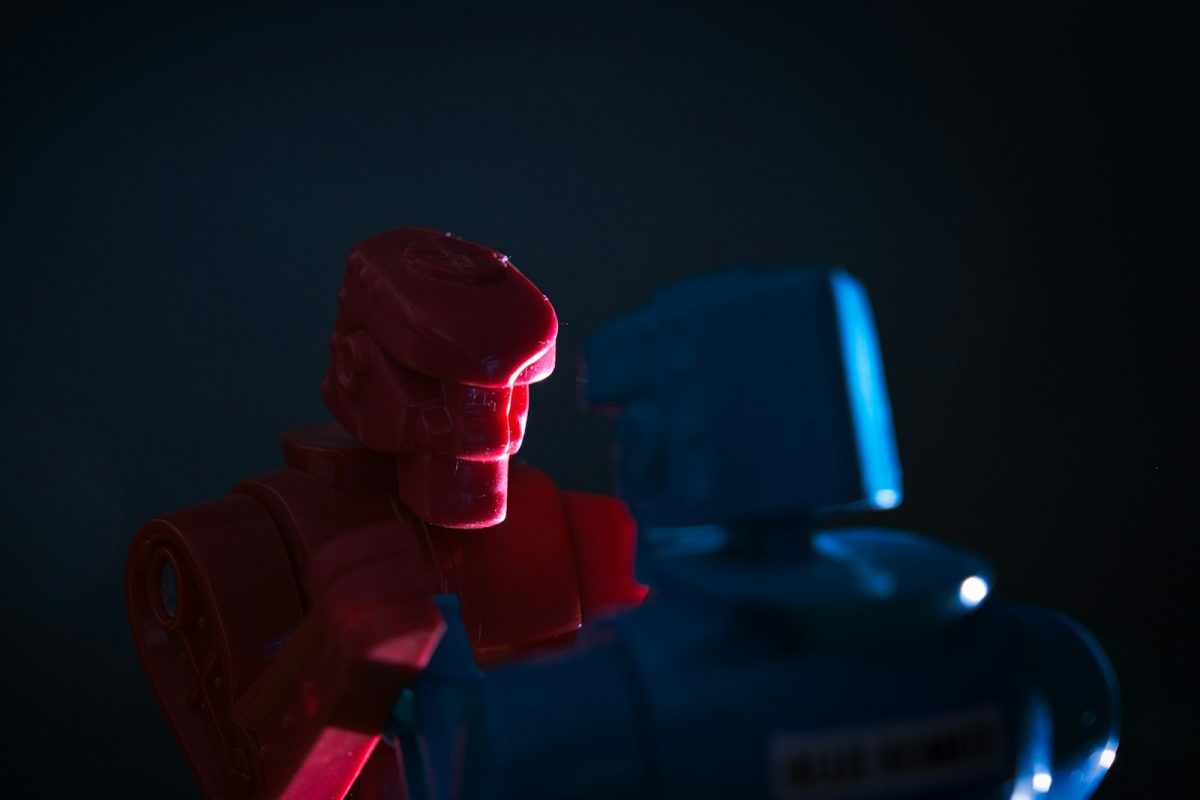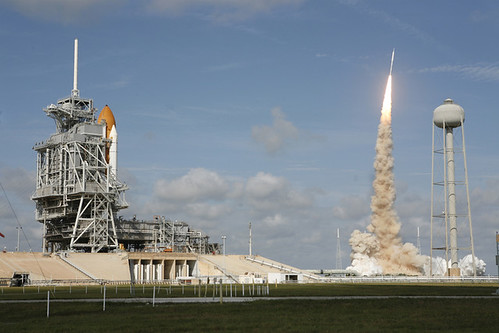Rocket or Missile?
Wasserman, Todd. “Chinese Rocket Falls to Earth; Space Debris Problem Worsens.” CNBC, CNBC, 16 May 2020, https://www.cnbc.com/2020/05/16/chinese-rocket-falls-to-earth-space-debris-problem-worsens.html.
Last week, China successfully launched the first part of their space station, Tianhe-1. The rocket that launched Tianhe-1 started an uncontrolled orbit around earth. While it was in orbit, no one knew where it could land. If it landed in another country, it likely would have caused a war. Luckily, on May 8th, the rocket crashed into the Indian ocean, doing no harm to other countries. In the 1970s, these types of uncontrolled crashes were common, but in 1979, a NASA Space Station crashed into Western Australia. Space administrations around the world then started to take precautions and make sure that the booster burned up on reentry or guided into the ocean. The reason China chose not to take precautions for this launch is because in recent years, many of China’s rockets have fallen back to land, destroying buildings and towns. The threat of an uncontrolled orbit in this case is less than the threat of previous mistakes.
RELATED
https://www.space.com/chinese-rocket-booster-long-march-5b-space-junk-crash
https://www.cnn.com/videos/business/2021/05/08/china-rocket-reentry-culver-pkg-scn-vpx.cnn
